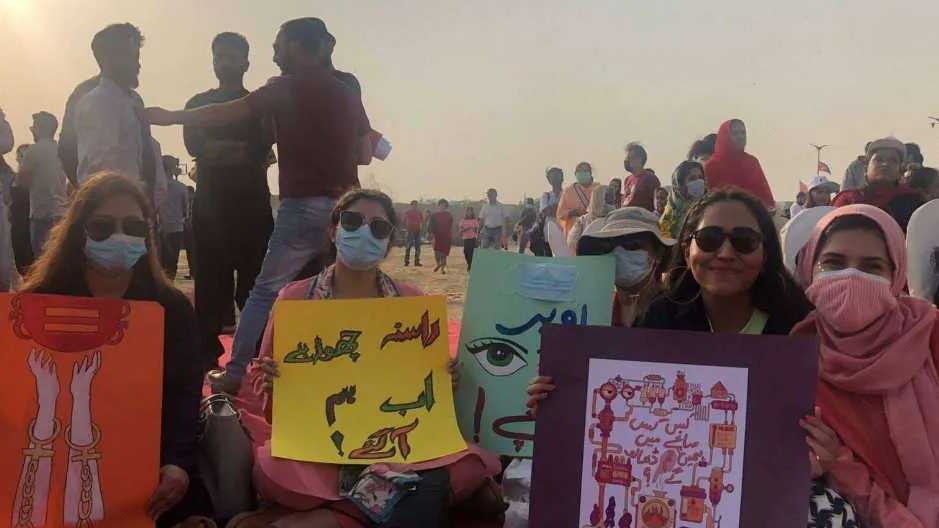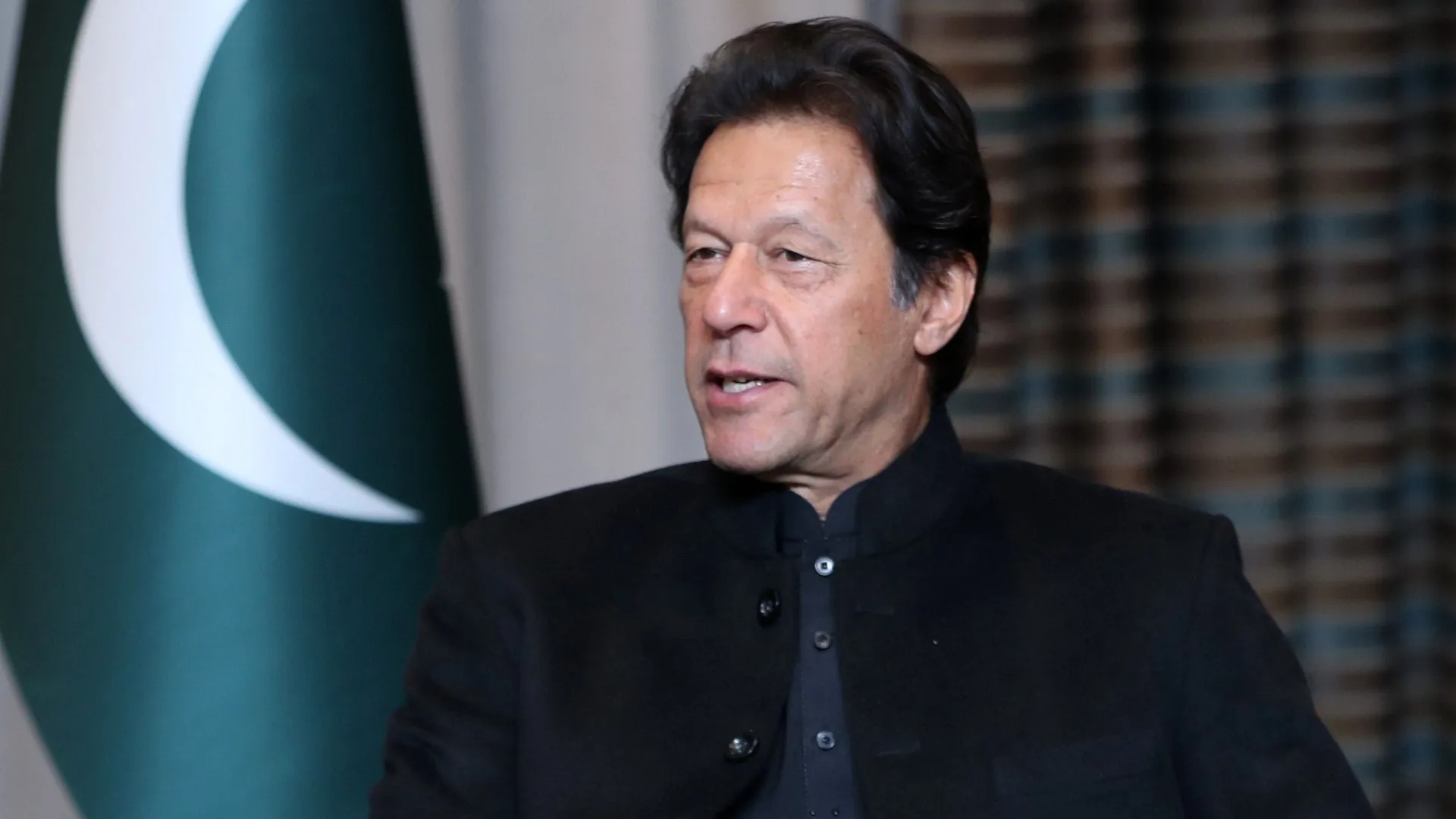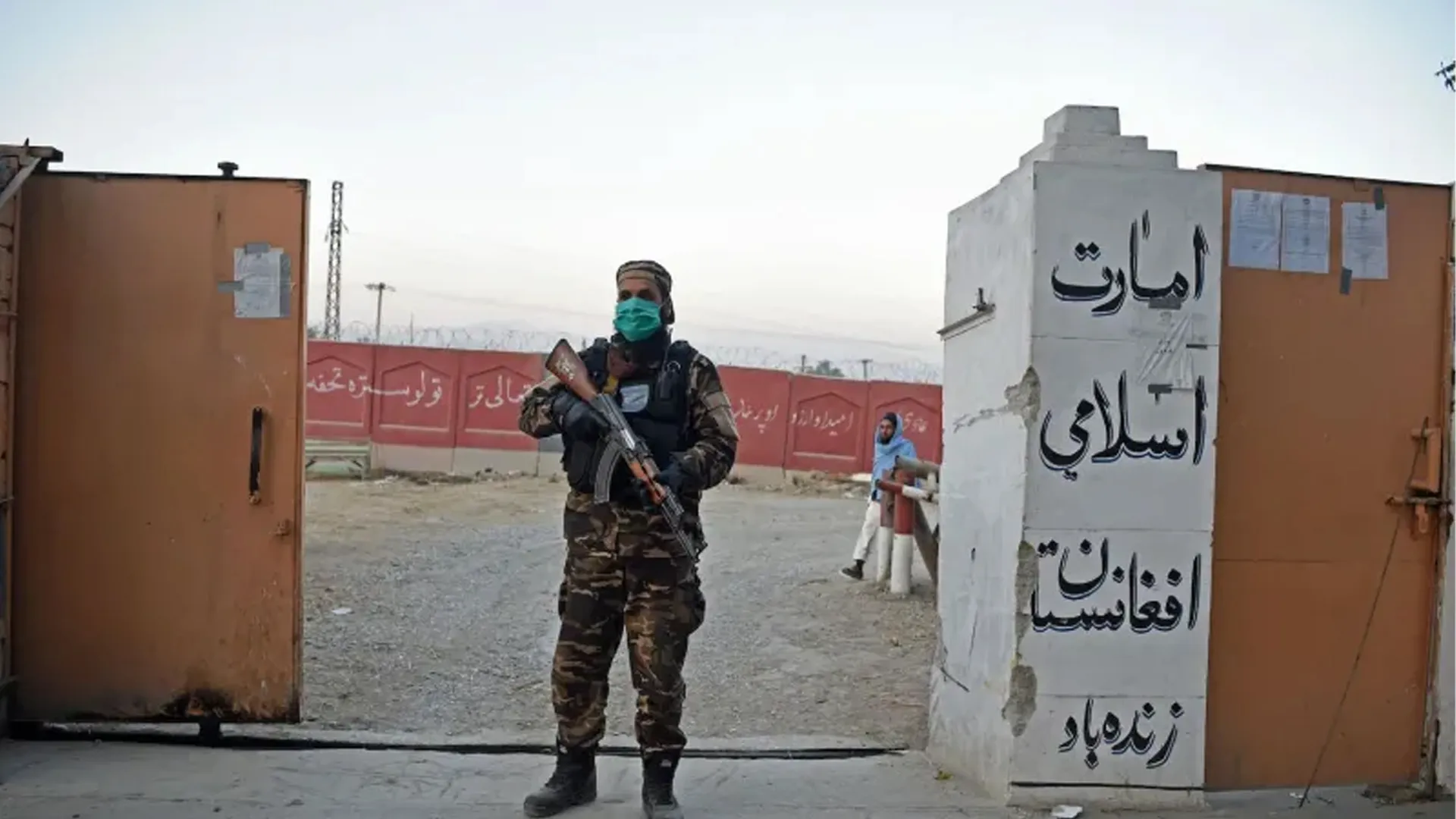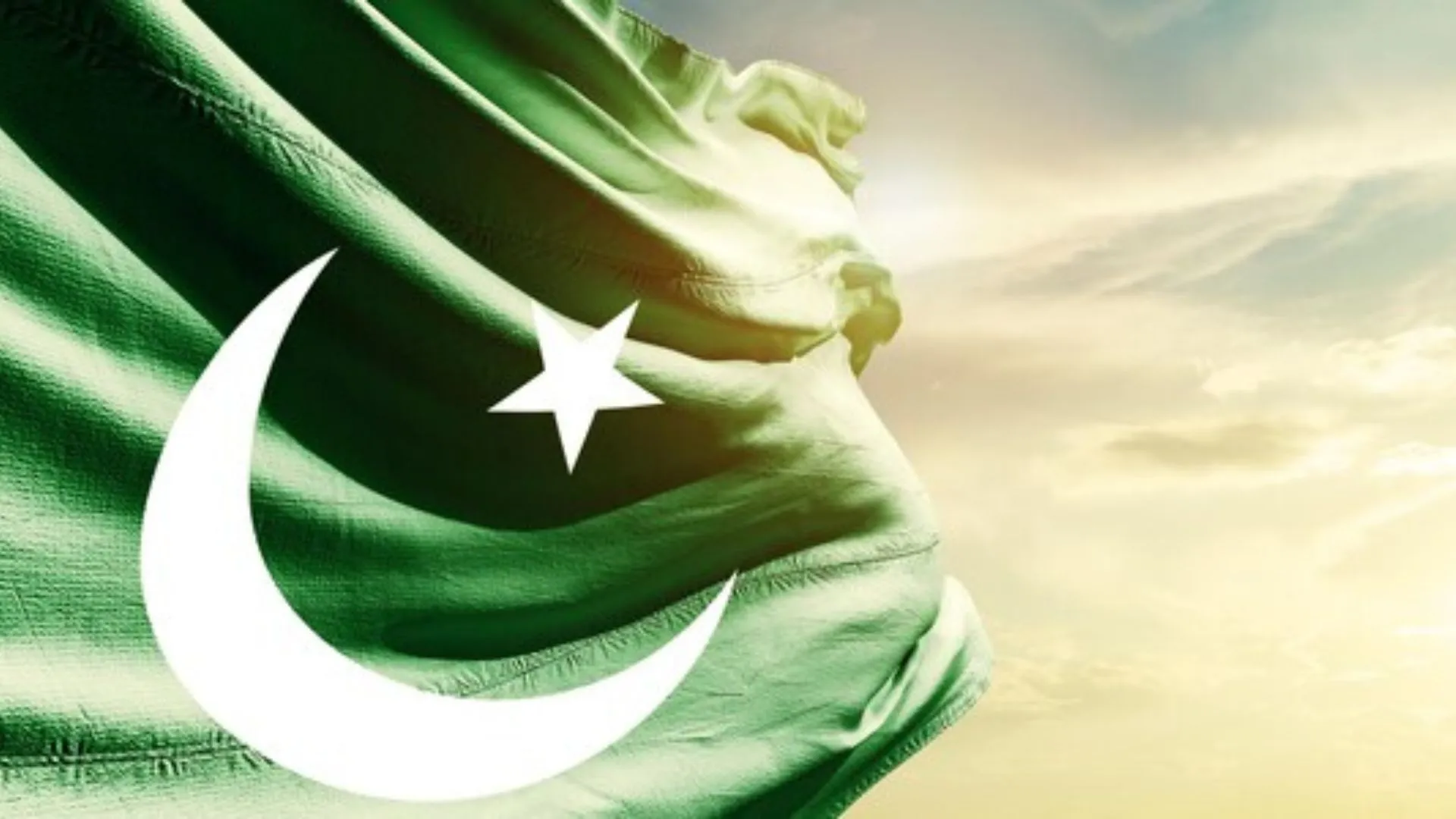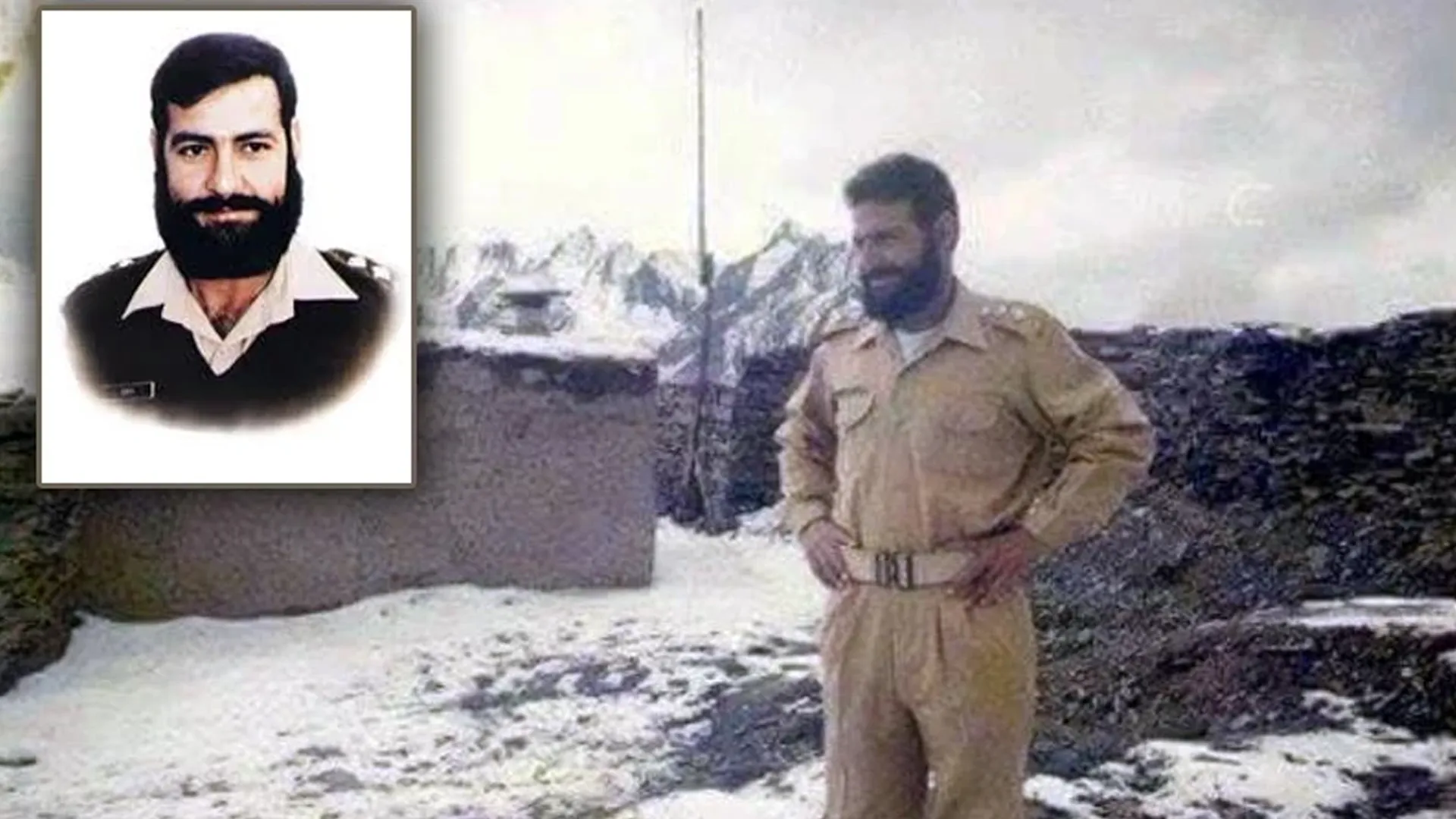Pakistan has a deeply conservative society that restricts women’s freedom. According to the 2023 UN report on women’s status, the situation is alarming. Half of Pakistani women face physical abuse, while 90% endure mental and verbal harassment.
Despite these hardships, a women’s rights movement continues to push forward. Every year in March, activists organize Aurat March in multiple cities. The event coincides with International Women’s Day and aims to demand justice for abused women.
A Movement of Strength and Defiance
Aurat March holds men and authorities accountable for violence against women. It highlights abuse at home, workplaces, and even by security forces. As a result, women take to the streets every year carrying placards to make their voices heard.
The movement began in Karachi on March 8, 2018. Women’s rights groups launched it alongside the #MeToo movement in Pakistan. Soon after, Lahore joined in 2019, and eventually, the march spread to Islamabad and other cities.
In 2023, Karachi scheduled its march on a Sunday instead of March 8. Organizers did this to allow working women to participate. Similarly, this year, different cities have planned their marches on separate days for the same reason. However, Islamabad’s Aurat March will take place on March 8 despite government resistance.
Marching Despite Government Resistance
On Friday, Islamabad’s Aurat March organizers confirmed they will proceed as planned. However, they still haven’t received formal permission for the event. According to Dawn, participants will gather at the National Press Club and march toward D-Chowk.
Rights activist Dr. Farzana Bari stated, “We will have our show outside the National Press Club as per previous years and will try to march towards D-Chowk to mark the occasion [of International Women’s Day].”
Although the group submitted a request months ago, the authorities never issued a No-Objection Certificate (NOC). As a last effort, Bari wrote to Prime Minister Shehbaz Sharif, urging him to intervene. However, he has not responded.
Ramazan Becomes an Excuse to Delay the March
Instead of granting approval, Islamabad’s administration asked the group to postpone the march due to Ramazan. Bari clarified that the event will be peaceful, with no music or entertainment, to respect the holy month.
The organizers raised their concerns on Instagram. They wrote, “In the past, our organizers have faced brutalization at the hands of religious fundamentalist groups, police, and Islamabad administration, sending a very negative message to the international community regarding the status of women’s rights in Pakistan.”
Rather than supporting the march, Islamabad’s traffic police blocked key roads, citing security concerns.
The March Inspires Change
Despite ongoing challenges, Aurat March has sparked national conversations about women’s rights. Activists believe it has helped bring consent, sexual autonomy, and gender issues into public discussions.
One significant success was the ban on the “two-finger test” for sexual assault victims. Feminist groups and Aurat March organizers filed petitions, leading the courts to finally outlaw the outdated practice.
An activist from Islamabad explained, “It is hard to imagine the #MeToo cases brought forward by educational institutions in 2020 happening 10 years ago. The Aurat March makes us believe in our ability to resist.”
Although legal reforms take time, Aurat March continues to give women a voice. Ultimately, it has become a powerful platform for change in a country that has long ignored women’s struggles.

